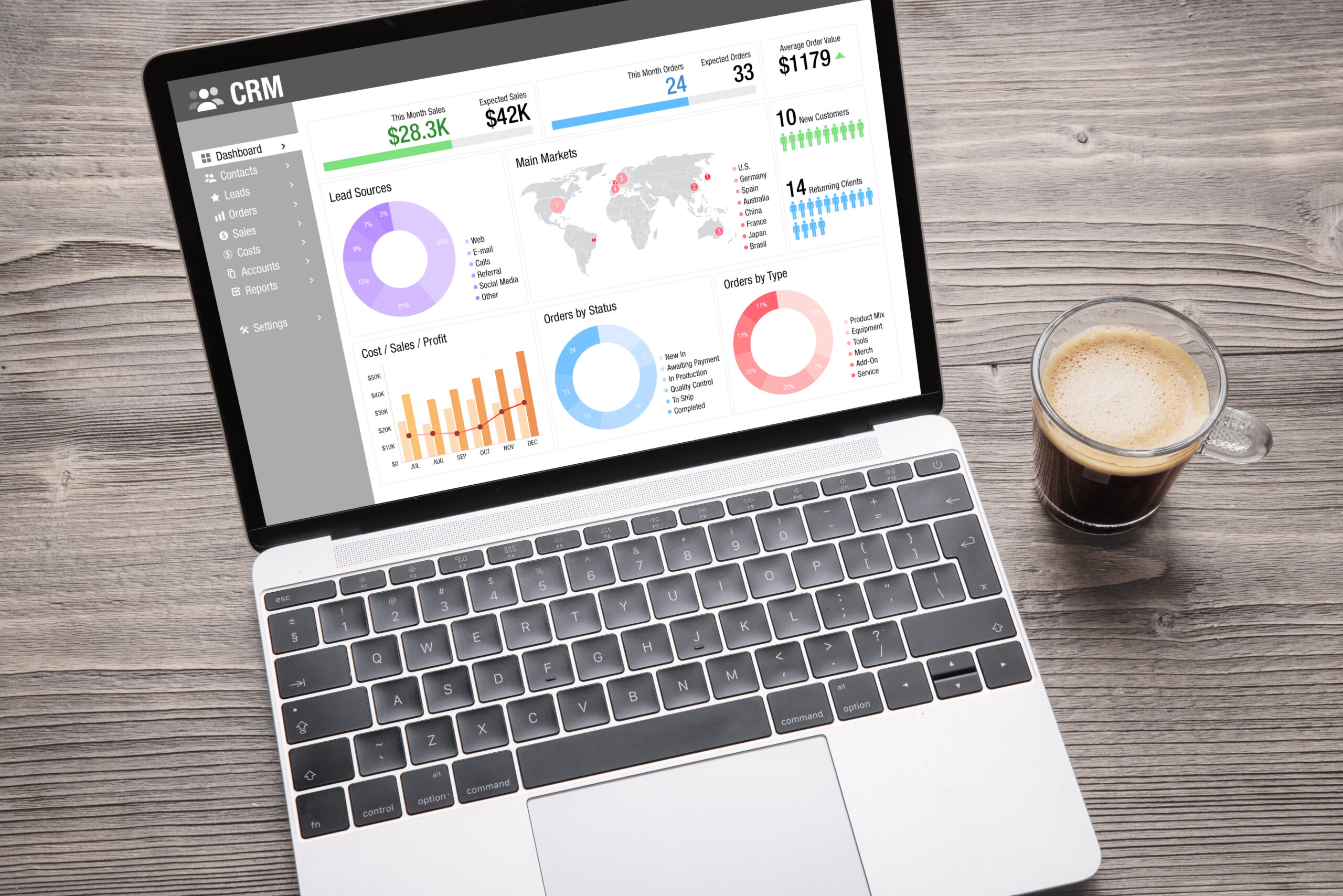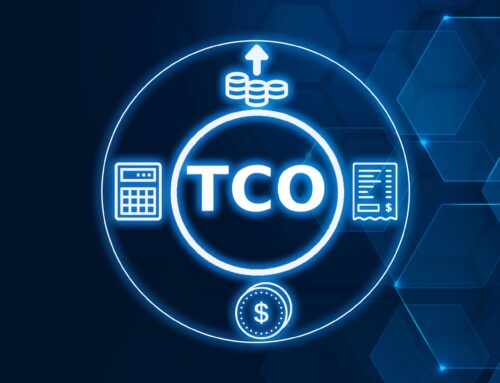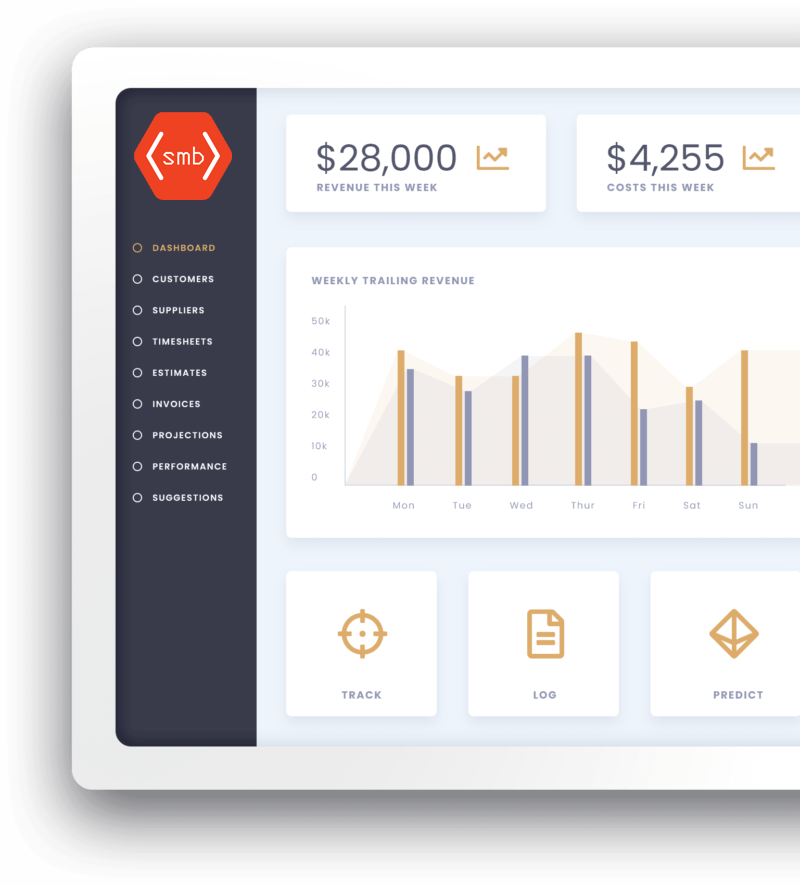
CRM Reporting and Analytics: Minding Your Own Business
Having a business plan is good, but knowing that it’s working is better!
A CRM system is only as valuable as the insights it provides into how well your business is performing. Reporting and analytics are at the heart of CRM functionality, transforming raw data into actionable information that can guide your business decisions.
The question is which metrics to choose? it’s crucial to know which truly matter for driving growth, decision making, and performance evaluations.
Let’s explore the ✅essential CRM metrics you should track and how they can help you optimize your business strategy.
✅ CRM customization
The Sales Pipeline
Sales pipeline metrics provide a clear picture of your sales process, helping you monitor negotiations, and identify potential bottlenecks. Key metrics to track include: the number of opportunities in the pipeline, average transaction value, conversion rates, and sales velocity (time it takes to move a prospect through each stage).
By regularly reviewing these metrics, you can spot trends, allocate resources effectively, and make data-driven adjustments to improve overall performance. Refining your sales strategies based on comprehensive customer data requires ✅seamless data flow between sales and marketing systems. This is where system integration shows its value.
✅ CRM integration
Customer Retention Rates
A vital metric for assessing the long-term health of your business, your CRM system should enable you to track retention rates. Understanding these trends will drive proactive strategies to improve customer satisfaction and boost loyalty. Retention data can also help identify which customers are likely to churn.
Monitoring ✅customer retention rates is especially important in service-oriented businesses. A well-configured CRM system will provide insights into how customer’s view of your service and/or products. With that, you are able to personalize engagement, strengthen relationships, and engage existing customers without walking in blind.
CLV
Customer Lifetime Value (CLV) estimates the total revenue a customer will generate over the course of their relationship with your business. A valuable metric to help you understand which customer segments are most valuable, and where to focus your retention and upselling efforts.
CLV is a powerful tool for forming your marketing, and customer service strategies. Revealing which customers contribute the most to your bottom line, customer-centric features can lead to higher CLV and result in a much better ROI.
✅ Hidden Costs of CRM
Marketing Campaign Performance
Tracking metrics like click-through rates, conversion rates, and cost per acquisition, etc., are essential to evaluating the ROI for you efforts. These metrics provide insights into the effectiveness of your campaigns, and help you gain better results through refined marketing strategies.
Integrating a Marketing CRM ✅module can streamline this process. Such integrations allowing you to track campaign performance directly within your CRM platform. Allocate marketing budgets more effectively, and optimize your efforts to attract and retain customers. All such metrics are made available through choices when building and integrating a CRM platform.
✅ Modular CRM Systems
Enhancing Customer Service Efficiency
When customer service is a key component of your business, tracking support ticket resolution enhances your service operations. How quickly your team resolves customer inquiries is a measure of efficiency, which directly impacts customer satisfaction and loyalty.
Adding a service analytics module is a way to expand your system to provide insights into average resolution times. Identifying areas for improvement is a step up toward total customer satisfaction. A CRM platform with ✅scalable (expandable) features allows you to add the features you need to support such metrics as service resolution times.
✅ CRM Scalability
Forecasting and Predictive Analytics
Beyond current metrics, forecasting and predictive analytics can help you anticipate future trends and make proactive business decisions. Look for CRM systems that offer advanced analytics capabilities allowing you to generate sales forecasts, predict customer churn, and identify potential growth opportunities.
Forecasting can guide everything from inventory management to staffing and marketing decisions, making it an invaluable feature for every businesses focused on long-term growth. By incorporating predictive analytics into your CRM, you can stay ahead of market shifts and position your business for success.
CRM Reporting: Informed Decision-Making
By choosing a CRM system that offers customizable reporting and analytics, the metrics that matter most are at your fingertips. With these, you are obviously better equipped to make solid, informed decisions.
Ergo, your CRM platform is not just a repository of customer data—it’s a powerful tool for turning that data into actionable insights. With the metrics that you need in place, your system is optimized for sales processes, enhanced customer satisfaction, and a solid foundation for sustainable growth.
If you’re looking for expert guidance on CRM metrics and reporting, reach out for a consultation. We’ll help you select a CRM that provides the insights you need to fuel your business’s growth.
Need help evaluating your options?
Related articles
February 19, 2026
February 19, 2026
February 19, 2026
February 19, 2026












